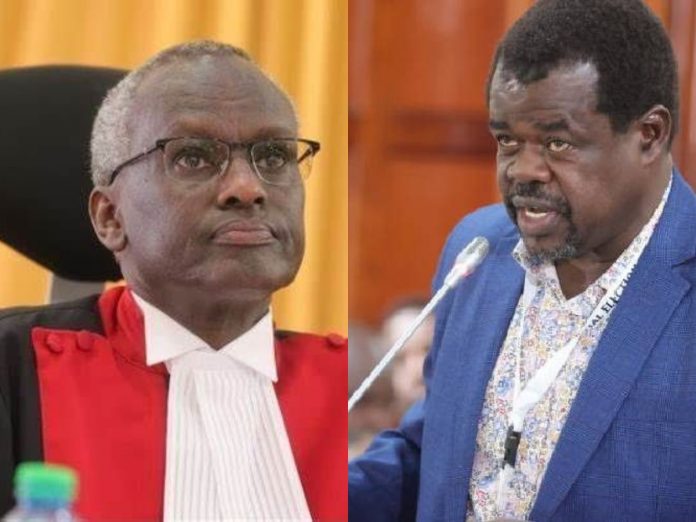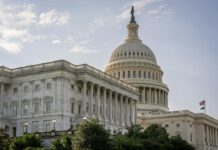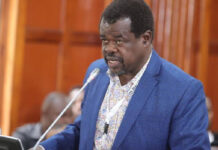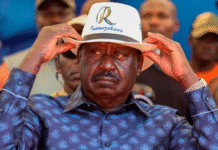Busia Senator Okiya Omtatah claims that after the conclusion of the presidential election petition, one of the Supreme Court Judges, Justice Isaac Lenaola, threatened him on Whatsapp.
In an interview with Citizen TV on Wednesday, Omtatah claimed that justice Lenaola, a member of the seven-judge bench hearing the Presidential petition on the August elections, threatened him on social media for claiming that the judges were compromised.
The renowned activist, who was one of the case’s petitioners, maintains that if it were possible, he would still challenge the 2022 presidential election before a different panel of judges.
“I doubt if I lost the case…they said they dismissed it. It doesn’t mean I lost it, it means they ran away from it. I don’t regret it, I would do it again but would want a different bench of judges,” he said.
“Even one of the judges we are fighting right now…a Supreme Court Judge threatened me on WhatsApp. Justice Lenaola threatened me…he said twende kazi na tutaenda kazi.”
While vowing to stand firm in the face of the threat, the newly-elected Senator stated that he would not take the threat lightly and would pursue the matter to ensure justice prevails.
“…Especially coming from a judge of the Supreme Court, I have litigated before you, and you come and threaten me, you don’t get away with it,” Omtatah asserted.
“That is why I say I don’t think my case was addressed, it was dismissed yes, but I don’t think it was addressed,” he added.
The seasoned litigator maintains that his case was unfairly dismissed because neither presidential candidate met the 50 percent plus 1 threshold, despite the fact that he agreed with the court ruling and moved on.
“It (petition) did cost me but I believed in it. I paid roughly Ksh. 1.5 million to prosecute that case. I tried to get money from Azimio but they could not give me. Because I was so convicted I had to use my money to file the case and argue it…,” he said.
“In totality of the arguments I had… but the court thought otherwise.”













